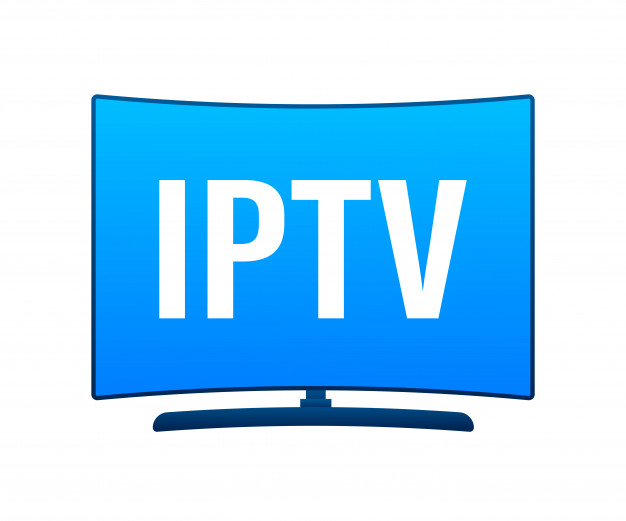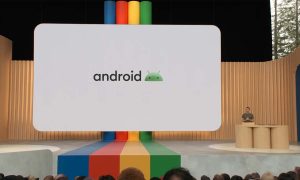We have been relying on traditional cable TV providers for years for our due dose of entertainment. But let’s face it! The channel options and the entertainment genres they cover are very limited. Although they have offered amenities like DVR which allow you to record programs. But still, the traditional cable TV experience still lacks personalization immensely. Here are we need to know more about IPTV.
In the name of so-called customized and overpriced TV plans, all we are getting is a bunch of channels. Users today are all about having personalized options. What if you could watch TV like you browse the web! You could pick a show, movie, or music video based on your mood.
That’s exactly what IPTV promises. IPTV or Internet Protocol Television uses the internet to air on-demand TV content. IPTV is growing. Mainly because it helps in enhancing your TV-watching experiences. So much so, that the traditional cable TV providers have begun offering IPTV service alongside several new providers.
What is IPTV?
IPTV or Internet Protocol Television refers to internet-based protocol TV. It leverages the internet to broadcast TV programs and videos, which are either on-demand or live. IPTV system is a digital TV service delivering to the subscriber via internet protocol technology.
Note that IPTV services are different from the streaming services and digital videos accessed by millions of viewers on apps and sites. For instance, Netflix, Hulu, and YouTube. However, the nature of IPTV is the same – pervasive and ubiquitous!
Moreover, IPTV is different from standard cable and satellite TV. For instance, you can use a single IPTV subscription on every TV in your home.
The viewers have the convenience and advantage of watching their desired shows, movies, and content at the time of their choice. That’s unlike the live TV options where you have to stick to the timings of the channels airing your favorite shows.
Comparing Traditional Cable TV with IPTV
Both satellite and cable TV services enable its users to tune into the channels on their channel lineup. The channels are usually the ones, which are within the signal. The only difference is that satellite TV operates via wireless connection and cable TV is wired.
An instance of cable TV service is Charter Spectrum. They use coaxial cables to their subscribers to be able to watch TV. And the example of satellite TV is DirecTV which is offering TV transmissions via radio waves.
IPTV is different from both the aforementioned technologies as it leverages IP or internet protocol-based networks. It delivers the TV channels to the set-top boxes of the users. The main difference is that the IPTV offers content via a similar client-server model that renders all the internet-based activities such as email, websites, and so on.
The internet protocol is the language that transfers data packets between various computers connected to the same internet network. When the consumer requests a particular show, he receives the video content via IP-based networks instead of satellite or cable.
IPTV is capable of storing any programming at the transmitting end of the servers. This allows the users to request their desired content over the internet whenever they please. On the contrary, satellite and cable TV only broadcast content in real-time for you to catch in live.
How Does IPTV Function?
As mentioned already, IPTV is more like browsing the internet and less like surfing the channels on a traditional cable TV service. The internet protocol is actually a transport protocol and it is more like a delivery mechanism. It is meant to deliver videos to the viewer.
Upon the user’s request or clicking a TV show, different servers divide the desired video into several data packets and send them over the internet. Video servers use fiber-optic cables to transmit content to the subscriber via the internet.
IPTV Services and Types of IPTV
IPTV broadcasts classic TV channels. But it’s not just that. There are several other interactive services, which IPTV offers. They are as follows:
Live TV:
IPTV is a better solution to enjoy TV entertainment because it doesn’t deprive you of the quintessential live TV experience. In addition, you get to enjoy personalized entertainment as well. You have the option to have or don’t have interactivity added to the currently aired TV shows.
Video on Demand
The users get to watch movies from the server media library of the VoD. This service is about video content’s individual delivery to a subscriber. It is a prominent feature among IPTV users.
TVoD or TV on Demand
IPTV facilitates your TV viewing habits. It records select TV channels to view whenever the user deems convenient.
nVoD or Near Video on Demand
nVoD is a pay-per-view, subscribe-able video service designed and intended for multiple users. The schedule of content broadcasting is compiled beforehand. Subscribers have the liberty to see this schedule and watch the content as per their interests and preferences.
Time-Shifted TV
This facility allows the subscribers to view live broadcasts so that they can resume and playback later at the time they prefer. You also get to have the option of rewind for the TV programs. So, in case you missed a good 20 minutes of an episode of your favorite show, just rewind it to catch up!
The Future of IPTV
For the past few years, we have witnessed IPTV’s continuous growth. If you look at the number of IPTV subscribers worldwide, it has now reached a whopping 130 million mark. The future of IPTV is promising and progressive. No wonder cable companies have added IPTV services in charter communications bundles. Increasingly people are preferring it over conventional cable TV.































































